Peter Weir´s movie, The Way Back, inspired by the true events mentioned in Slavomir Rawicz and Ronald Downing´s book The Long Walk, made me think about the son of two murdered Gulag prisoners I came across in Siberia. I think this story will give a perspective on the film. And the book.
The son of two murdered Gulag prisoners tells his story
written as a dispatch during
The Kolyma Expedition
”Both my parents died in the camp here in Chersky”, Stanislaw tells us at the same time we´re sitting in a jeep overlooking a magnificent blood red sunset over the Kolyma, ”My mother was polish and came from an aristocratic family. That was enough to be considered as an enemy of the Communist State and they were therefore taken as prisoners during the Second World War and eventually they ended up here in Chersky.”
”What about your father?” I ask, once again surprised over the fact that people just open up the door to their inner thoughts to a stranger, always unexpectedly.
”He owned a swine farm in Western Siberia” , Stanislaw answers almost in a whisper, ”And that was obviously enough to be considered as an enemy of the State. He also ended up here in Chersky, where he met my mother in the camp. That´s were I was born.”
Both parents perished
Today, Stanislaw works as a driver for the local administration here in Chersky and he has fascinated me since we arrived here. He´s almost bald, with a face so hard and rough as it looks like it´s been hacked out of a granite rock, a face totally void of feelings. He´s always smoking. He always has a scornful and challenging gaze. He´s one of those guys you don´t want to run into in a dark corner of a street.
”Both my parents perished in the camp, well, yes, my whole family on my mothers side disappeared and were murdered in Stalin´s camps and that name doesn´t exist anymore” , Stanislaw explains soberly, ”As a result I ended up as an orphan at a local orphanage. A very difficult time of my life. A place were only the strongest and fittest survived. And I was strong. You had to be. That´s why I also survived my years in the military service. I was used to the hard life in the orphanage and knew how to take care of myself. My whole life as a youngster was one long slog to survive and be stronger then the rest.”
Stalins Gulags
It is considered that the worst of all Stalin´s Gulags were to be found in this region, in Chersky and Ambarchik. Those local people we´ve come across who actively support these insane measures taken by Stalin, and there´s plenty of them along the Kolyma, say that the worst and most dangerous of all criminals, ended up in these two camps. The fact is, that these camps even had special death squadrons, so called bounty hunters, who were sent out to find and kill all prisoners who managed to escape. As proof that the hunters had tracked down and killed the escapees, they brought back the cut off hand of the unfortunate, which had their prisoner number tattooed, to the prison administration.
”It wasn´t easy being an orphan and the son of camp prisoners” , Stanislaw continues his sad account, ”KGB kept an eye on you all the time, well, all the time until the time of perestroika. And I never knew who actually were an KGB-agent or an informer. Half of all your friends and acquaintances was one of the other. There´s no doubt I enjoy life much more now. I can say whatever I like to anyone. I did do that even during the Communist times, since I knew that if they didn´t like what I said, where would they send me? I would just come back here!”
”But, how do feel about this today?” I ask, ”Don´t you feel a lot of hatred over the Soviets, the communists and all those which made you an orphan?”
”No, not at all” , Stanislaw answers not too surprisingly, ”Things are the way they are. The past cannot be undone. These were measures which had to be taken at the time, to construct the land we have today. Our Motherland. I understand it fully and agree. I am not doing to bad today. I have a Chukchi wife and two children. And I have a job, which most people don´t have right now in Chersky. I shouldn´t complain.”
Kolyma
His answer didn´t surprise me. It is pretty much the same I´ve received from all people who´s got similar experiences along the Kolyma. For me, it is impossible to understand this forgiving and understanding way to judge the mad dictator Stalin and the Gulag history. If I take into account all the unfortunate people I´ve come across all over the world during my 25 years of exploring, people with similar experiences, I believe this particular way to see things is very Russian. Indeed. And I have to add, that I feel the uttermost admiration for how thorough the Soviet indoctrination worked it´s way into all Russians along the Kolyma. Because there´s no doubt that most Russians who remember and lived through the Soviet Era along the Kolyma, are still profoundly indoctrinated and they have often an extremely narrow and inaccurate picture of the existing global political situation. And they´re very proud over the Motherland. Whether they´re Caucasian Russians or northern natives. Nothing wrong with that, just a fact.
”What´s the reaction of your children when you tell them of your exceedingly hard upbringing?” I finally ask Stanislaw, but as usual I get a surprising answer: ”I haven´t told them. One cannot change the past, but we have to look ahead and forget. Their lives doesn´t get any better just by knowing this.”
”But” , I exclaim, ”If nobody tells about this inhumane and horrendous time, then the knowledge gets lost with your generation and what do we humans then learn from it? If it gets forgotten, it can happen again!”
”I don´t care” , Stanislaw replies at the same time he´s squeezing my hand hard, but with warmth and ends our conversation with these words: ”I have to thank you intensely for having spared the time and energy to listen to my complains.”

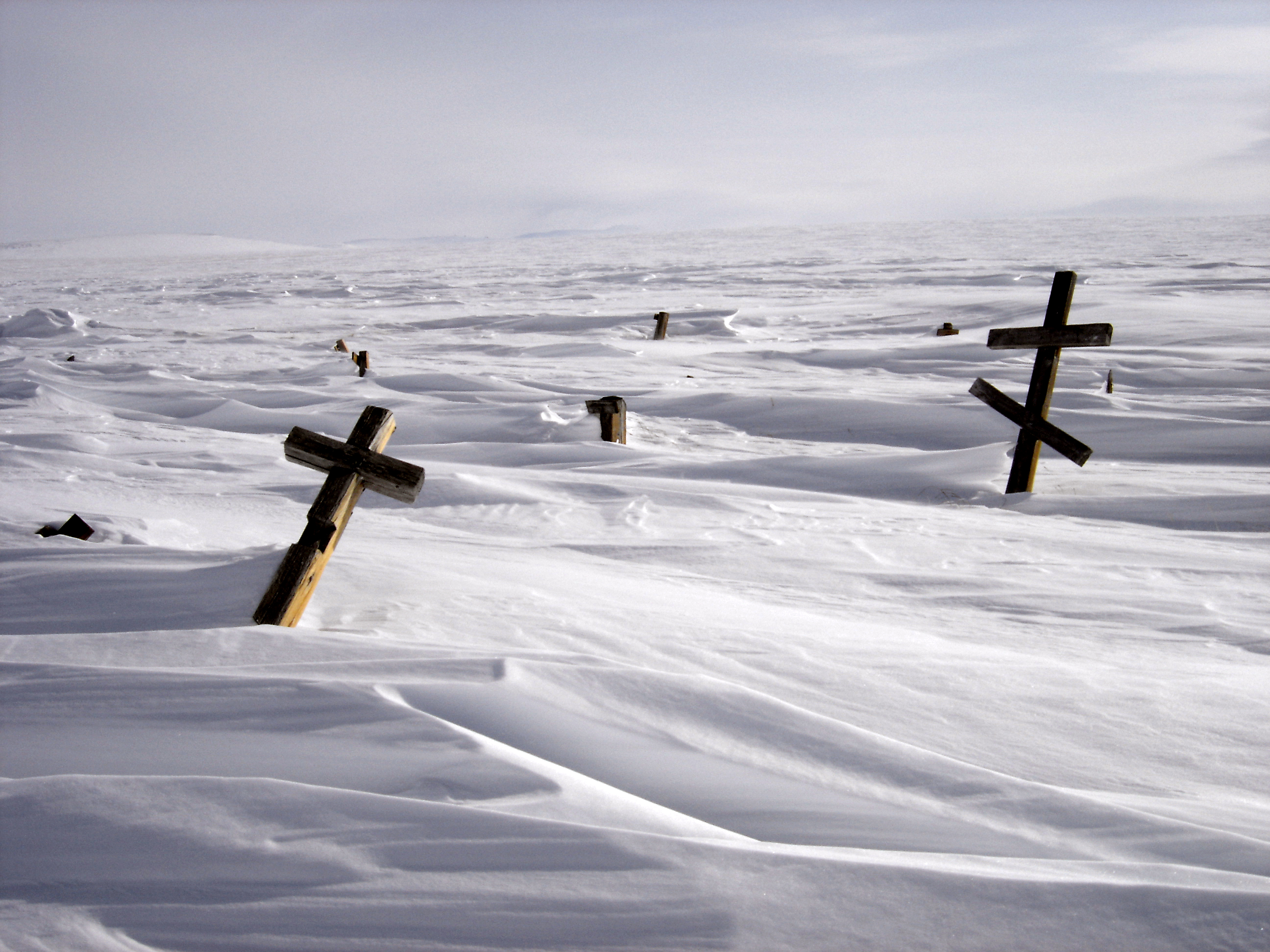
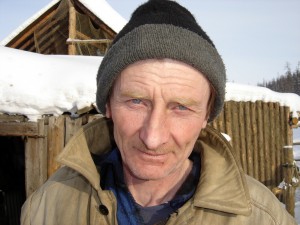
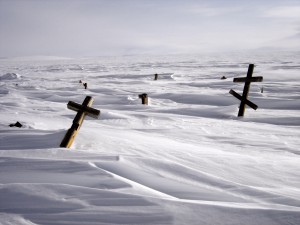
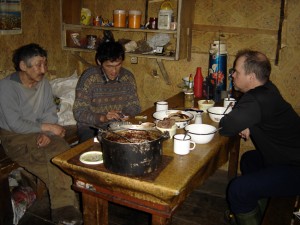
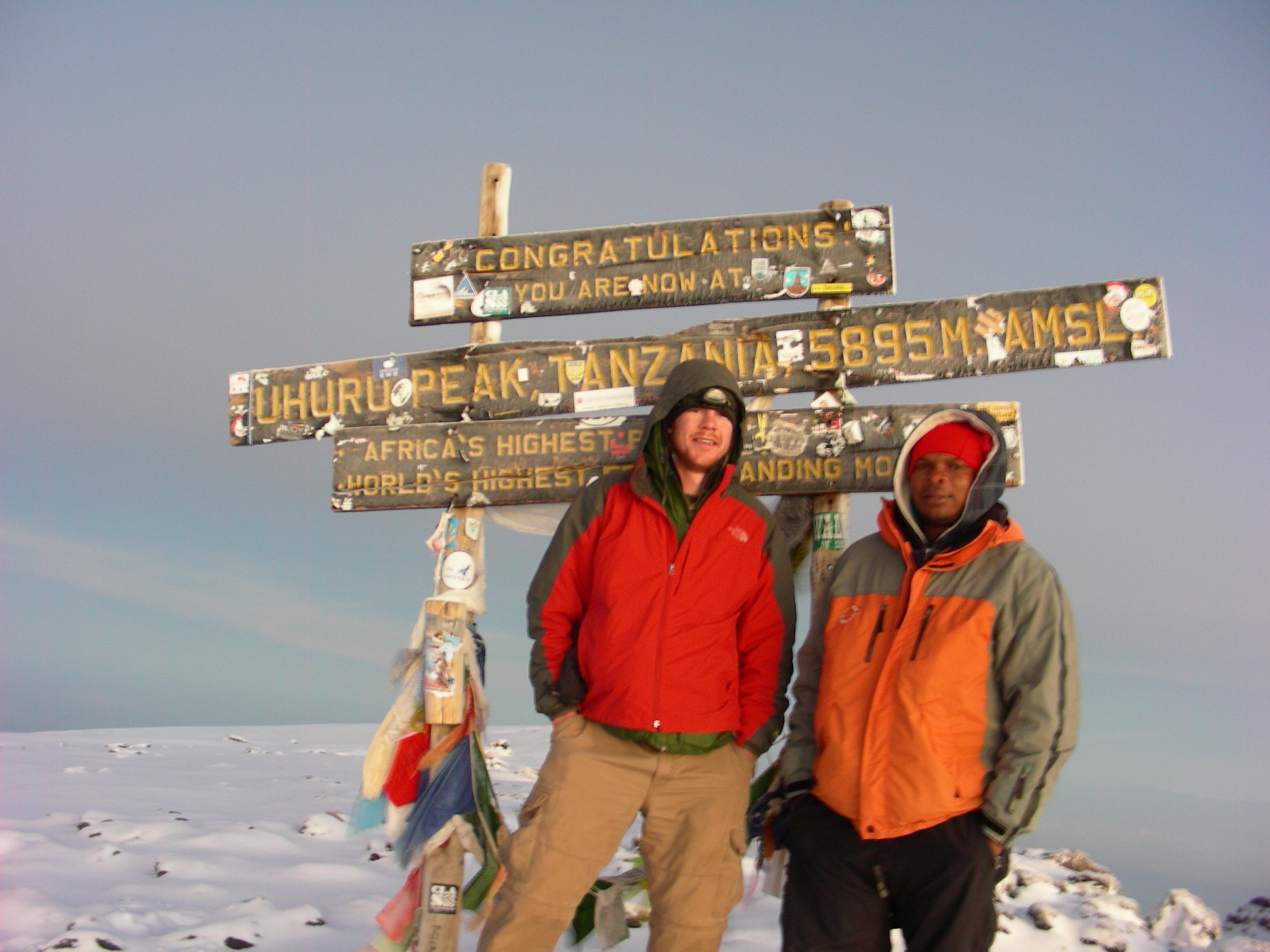
The Russian mindset is fascinating. I teach high school in the US. Presently we are reading One Day in the Life of Ivan Denisovich by Solzhenitsyn, and I will read this article to my classes. I have also read the unabridged GULAG Archipelago by the same author. An outstanding chronicle of the Kolyma camps is Kolyma Tales by Varlam Shalamov, and it is interesting to note the two starkly different themes between Solzhenitsyn and Shalamov. While Solzhenitsyn writes in the vein of Dostoevsky and Tolstoy and sees his camp experience as somehow purifying, Shalamov sees his as bringing out the absolute worst in human nature. To Shalamov, his nineteen years in Kolyma was a dehumanizing and extremely bitter soul-wrenching time. Neither of these great authors share the attitude of your Stanislaw.
Thank you for sharing this and your other articles. This is a great website, and I hope it continues for a long time.
Greg Moss
Baldwin Park, CA, USA
this is really terrible story ,Mezenski, Poland,Gdansk
Dear Mikael Strandberg,
My name is D.Jay Cook from American Fork, Utah, USA. I am a high school student and I am researching the Siberian Gulags that Stalin put up to keep his “enemies” from overthrowing him. I have read many different accounts of the lives that prisoners had to live while in these prisons, but this one caught my eye. I was curious if you had any contact information for Mr. Stanislaw or anyone else who had a first-hand experience with the Gulags, and if you did, if you would be willing to share them with me (email addresses)
With much anticipation
D.Jay Cook
Need to have someone check your articles for spelling.
Maybe u can do it?